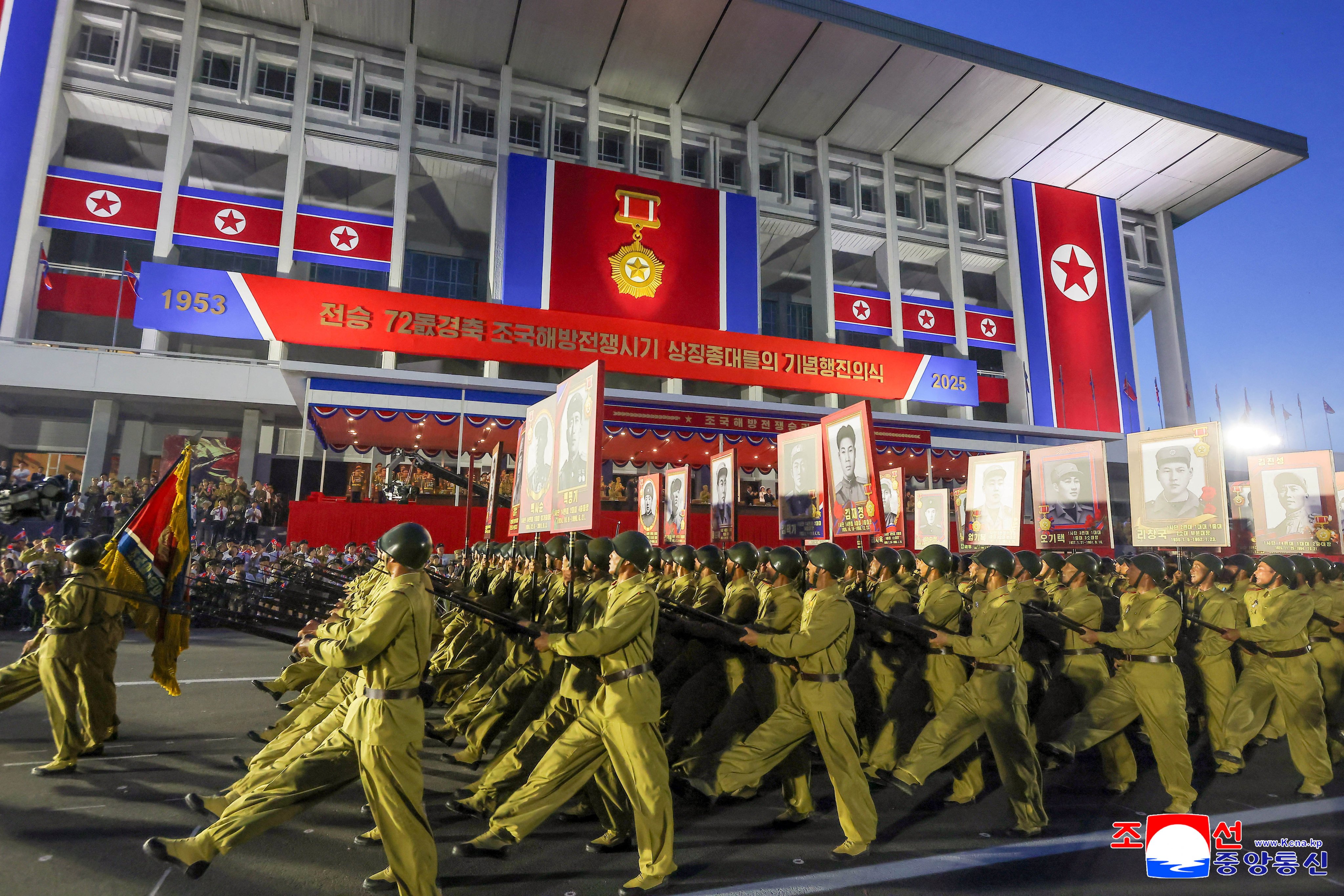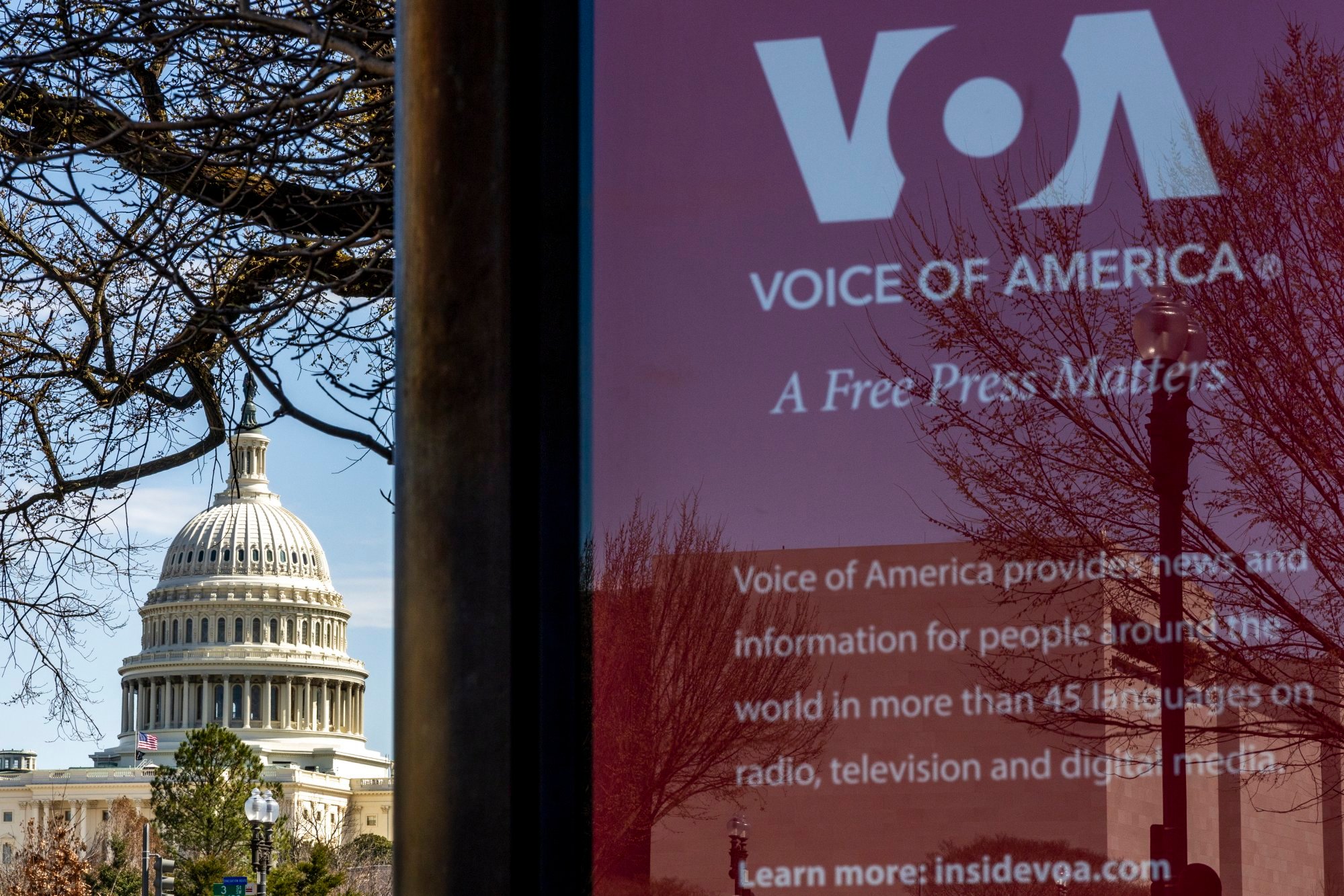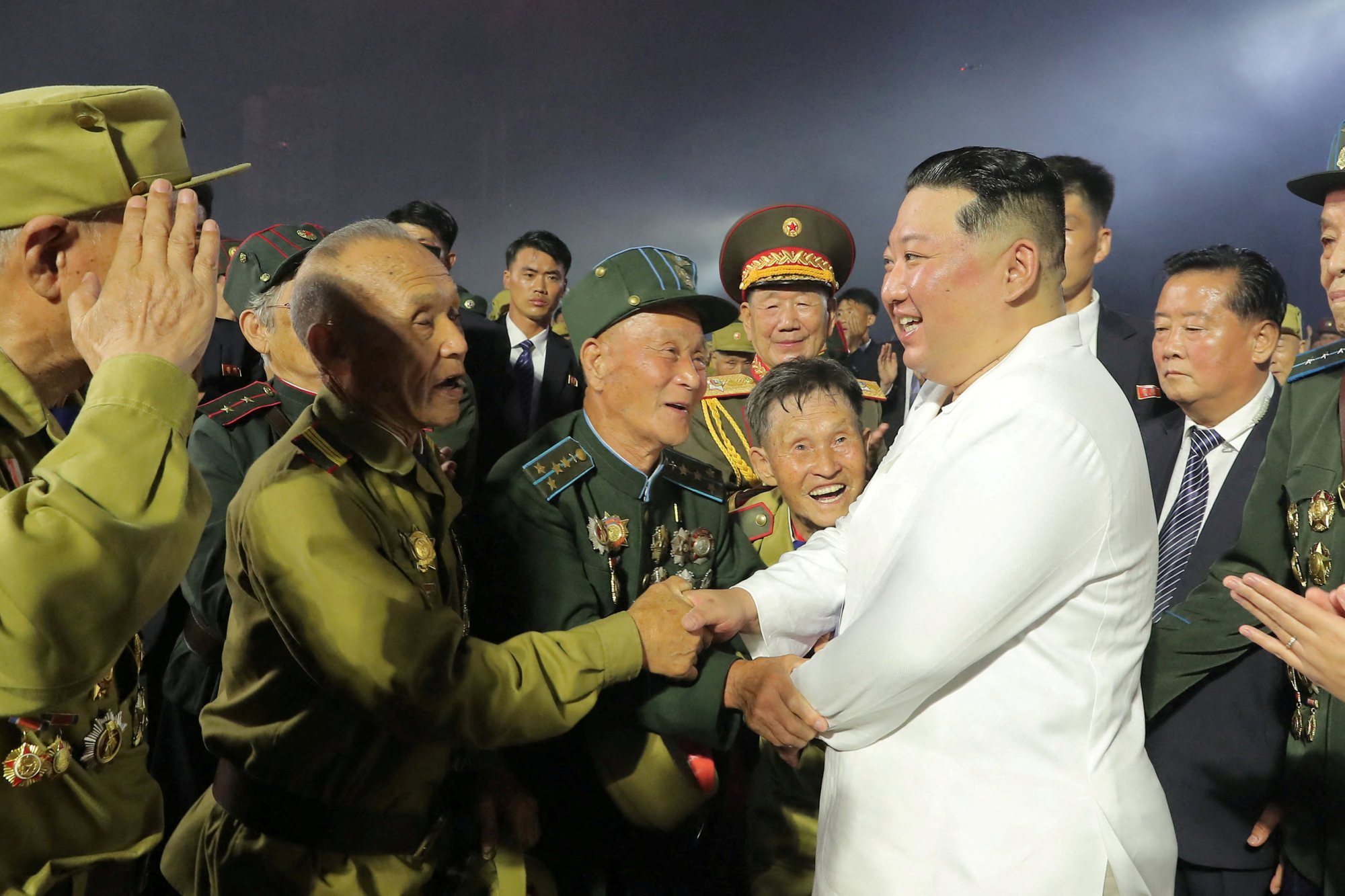US funding cuts deepen North Korea’s isolation
The slashing of support for Voice of America and Radio Free Asia has seen foreign broadcasts into North Korea drop by as much as 80 per cent

With the flick of a switch in Washington, a lifeline of independent news into North Korea has gone dark, prompting warnings that it will leave the country’s 26 million people more isolated than ever.
The abrupt halt to funding, passed by the US Senate earlier this month, ends long-standing American support for cross-border broadcasts and clandestine media channels that provided North Koreans with one of the few opportunities to access information unfiltered by state propaganda.
Among the most prominent casualties are Voice of America and Radio Free Asia, US-funded broadcasters that have for decades delivered Korean-language news, human rights reporting and glimpses of life beyond North Korea’s borders.
“In the long term, we risk knowing less about the human rights situation in North Korea, as less and less information will be coming out of the country,” said Teppei Kasai, Asia programme officer at Human Rights Watch Japan.
“The international community, including Japan, will then naturally have to rely on official statements by the North Korean government, which don’t carry a lot of credibility.”

Voice of America and Radio Free Asia have slashed broadcasts into North Korea by as much as 80 per cent since May, following an executive order signed by US President Donald Trump in March calling for the elimination of their parent organisation, the United States Agency for Global Media.
Kasai warned that the funding cuts risked undermining one of the few remaining channels capable of challenging Pyongyang’s information stranglehold. “These organisations pierce the North Korean government’s strong information control and provide independent information to the people of North Korea, giving them opportunities to see through the government’s lies,” he told This Week in Asia.
Modest grants for radio broadcasts, maintaining in-country sources, satellite imagery analysis and the documentation of abuses had been provided under the North Korea Human Rights Act, which was enacted by the US Congress in 2004 and renewed three times. However, the legislation expired in 2022 and has yet to be renewed.
Ending funding for broadcasts into North Korea “would leave the US without critical information, as Pyongyang expands its military presence overseas, including in Russia, and deepens its isolation and repression at home”, Human Rights Watch senior researcher Lina Yoon wrote in a Foreign Policy in Focus article on July 16.
US-funded radio stations, some broadcasting since the 1970s, have helped shine a light on the realities of the outside world for North Koreans, sharing information the Kim dynasty would prefer remained hidden, including the principles of democracy and life beyond the tightly sealed borders. Many defectors have cited foreign radio broadcasts as instrumental to their decision to escape.
According to an analysis published last week by 38 North, a website run by the Stimson Centre think tank devoted to analysis about North Korea, the Trump administration’s cuts have already drastically reduced foreign broadcasting into North Korea.
“The propagandists and censors at the Workers’ Party of Korea can hardly believe their luck,” wrote Stimson Centre senior fellow Martyn Williams in the analysis.

“For decades they have battled against a constant, daily flow of uncensored news and information into North Korea that directly contradicts the stories they tell their own people about Kim Jong-un, the Korean peninsula and the world. But in the last three months, everything has changed. The battle has taken a decisive turn in North Korea’s favour and they did not need to do a thing.”
North Korea’s tightening border controls in recent years have made it increasingly difficult to smuggle in USB sticks loaded with foreign films and news. The loss of radio broadcasts now risks worsening the country’s information drought.
Unhandled type: inline-plus-widget {“type”:”inline-plus-widget”}
Compounding the impact, the newly elected South Korean government of President Lee Jae-myung has also reportedly ceased broadcasting into North Korea, as Seoul pursues a new strategy of rapprochement with Pyongyang.
Meanwhile, South Korean authorities have also banned the launch of balloons carrying rice, cash, medicine and propaganda leaflets over the demilitarised zone.
“As a result of the cuts, North Koreans will be less informed about local and global events and the information they do receive will be more dated,” Williams concluded in his analysis.
“Should the political or military situation worsen on the Korean peninsula, the US and South Korea could regret losing these direct links to the North Korean people.”